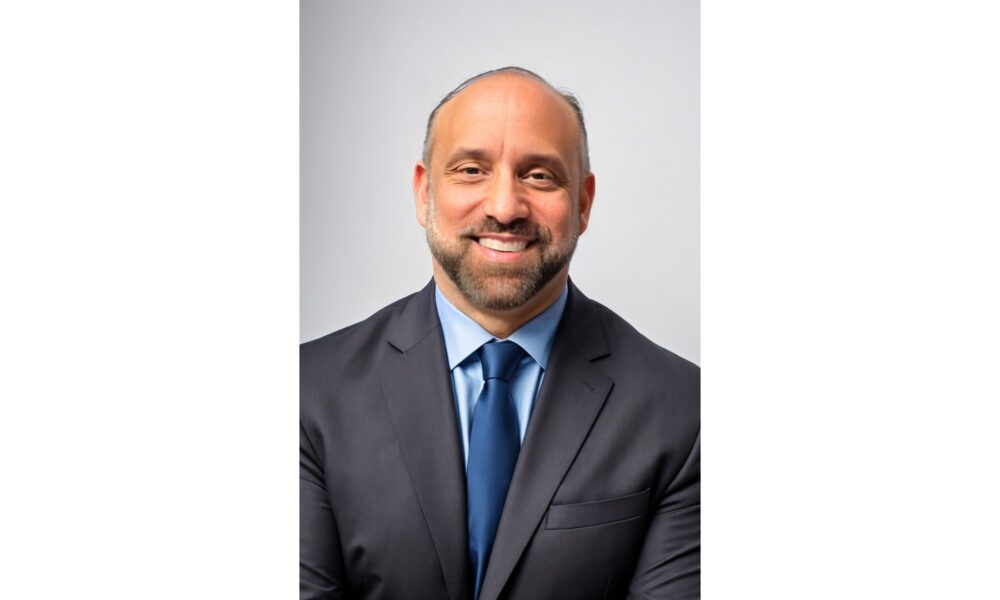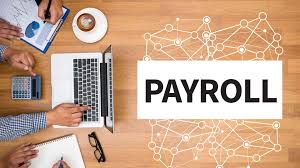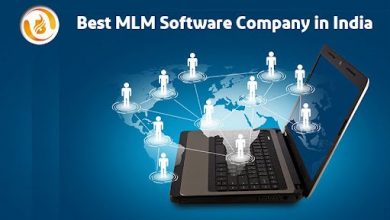The Next Era of Global Trade: Tech, Transparency, and Trust according to Vincent Iacopella

The future of logistics isn’t just about speed—it’s about intelligence, adaptability, and transparency. As regulatory pressures intensify, particularly around forced labor enforcement and digital compliance, companies must navigate a new era where innovation is as critical as efficiency. Vincent Iacopella, Executive Vice President of Growth and Strategy at Alba Wheels Up, has built his career at this intersection—helping companies modernize their import customs operations through smarter technologies, proactive compliance strategies, and forward-thinking leadership. His approach reflects a shift toward building agile, tech-enabled supply chains that are prepared not just for today’s challenges, but for tomorrow’s opportunities.
Resilience is the New Efficiency
For decades, global supply chains were optimized for speed and cost above all else. The past few years, however, have revealed just how fragile those systems can be. Geopolitical tensions, trade disputes, and pandemic-era disruptions exposed the risks of relying too heavily on single sourcing or just-in-time inventory models.
“Resilience used to be something people talked about but didn’t prioritize,” Iacopella explains. “Now it’s the metric that matters most. The companies that survive and thrive will be the ones that build supply chains capable of bending without breaking.”
In his work with clients, Iacopella emphasizes diversification: whether that means spreading production across multiple regions, investing in nearshoring, or creating contingency plans that allow for quick pivots when the unexpected happens.
Technology Becomes the Backbone
The logistics sector is also undergoing a digital revolution. Artificial intelligence, predictive analytics, and blockchain technologies are no longer experimental. They are rapidly becoming foundational.
“Technology is the new concrete and steel of our industry,” Iacopella says. “It’s what determines whether you’re ahead of the curve or constantly catching up.”
He points to the rise of AI-driven demand forecasting, automated customs compliance systems, and digital freight visibility platforms as examples of how the future supply chain will be more data-driven. These tools provide the transparency regulators and consumers are demanding.
Here’s a revised version of your statement with less emphasis on ESG and more focus on helping importers become more compliant through innovation and transparency:
The Push for Smarter Compliance
Beyond speed and technology, the import customs landscape is being reshaped by rising regulatory demands. Governments are tightening enforcement—especially around forced labor and digital compliance—making accountability a core part of operational strategy.
Vincent Iacopella, Executive Vice President of Growth and Strategy at Alba Wheels Up, sees this shift not just as a challenge, but as an opportunity. “Transparency is becoming a competitive edge,” he explains. “Importers need to know not just what they’re moving, but how it aligns with evolving regulations. The companies that can deliver clarity and compliance will be the ones that lead.”
This mindset informs his broader work, where he helps build systems that make customs processes more intelligent, auditable, and aligned with regulatory expectations. For Iacopella, enabling importers to stay ahead of compliance isn’t just good governance—it’s smart business.
Preparing the Next Generation
Iacopella is quick to highlight that the future of trade will require new kinds of leaders. Technical skills remain vital, but they are no longer sufficient on their own. The leaders of tomorrow will need to blend data literacy with empathy, and strategic foresight with a willingness to take smart risks.
“You can’t wait for certainty,” he says. “The future of global trade is being written right now, and the people who will make the biggest impact are those who are willing to step into ambiguity and build systems that serve both companies and communities.”
A Call to Build
In Iacopella’s view, the next era of global trade will be defined by three forces: resilience, technology, and trust. Each requires leaders who can draw from their own journeys and who can take risks, learn from missteps, and hold a bigger vision of what commerce can achieve.
His own path, marked by agility and purpose, offers a blueprint. It’s not about chasing short-term gains. It’s about building durable systems that withstand shocks, creating supply chains that are as transparent as they are efficient, and remembering that behind every shipment is a human story.
As Iacopella’s career shows, the road to lasting success is rarely a straight line. But for those willing to take the harder path, the destination is not just profit, it’s progress.

Source: The Next Era of Global Trade: Tech, Transparency, and Trust according to Vincent Iacopella



